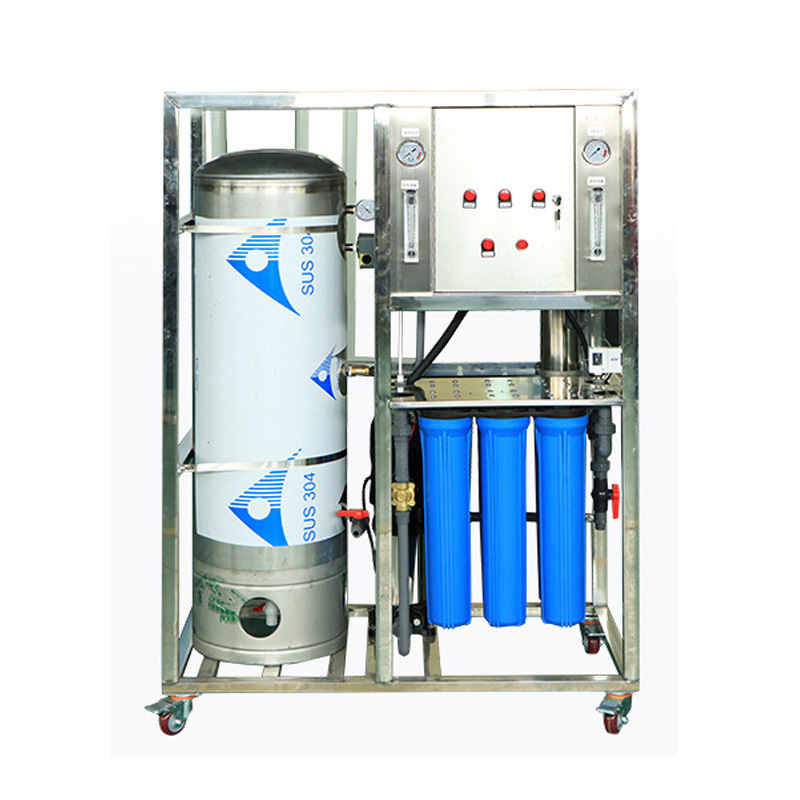
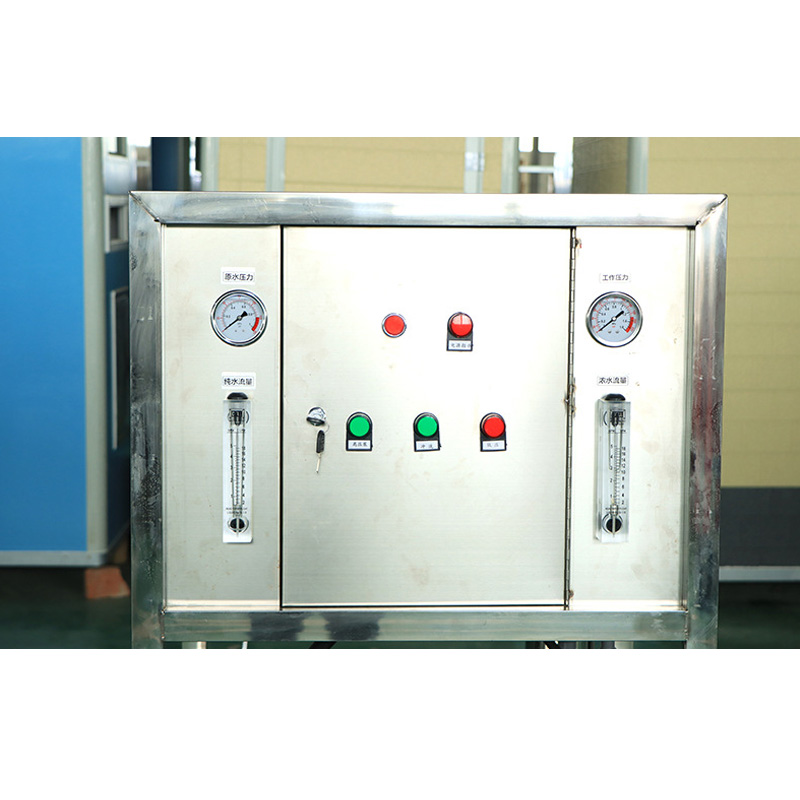
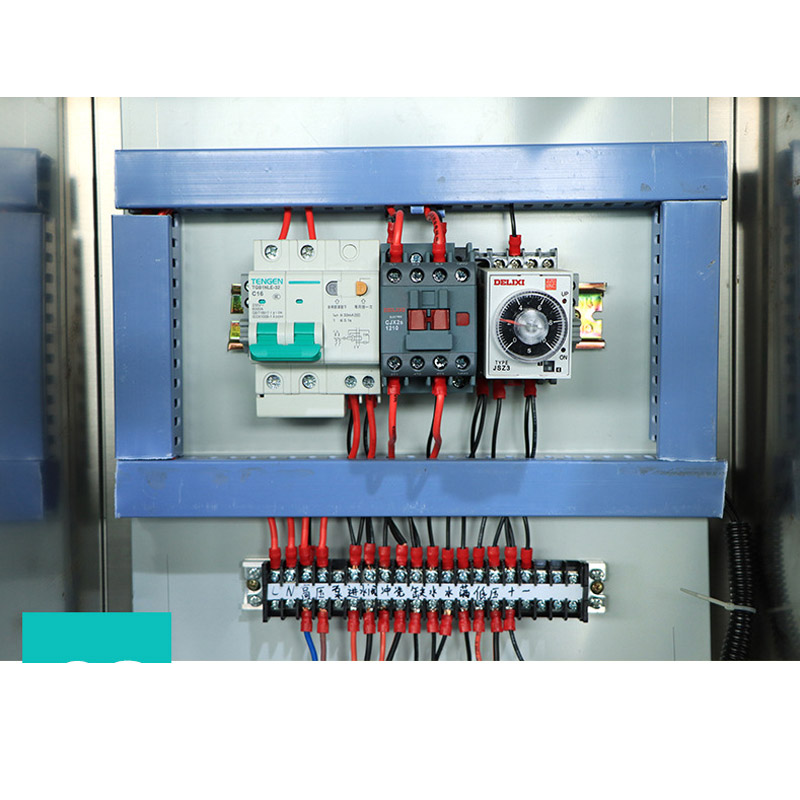
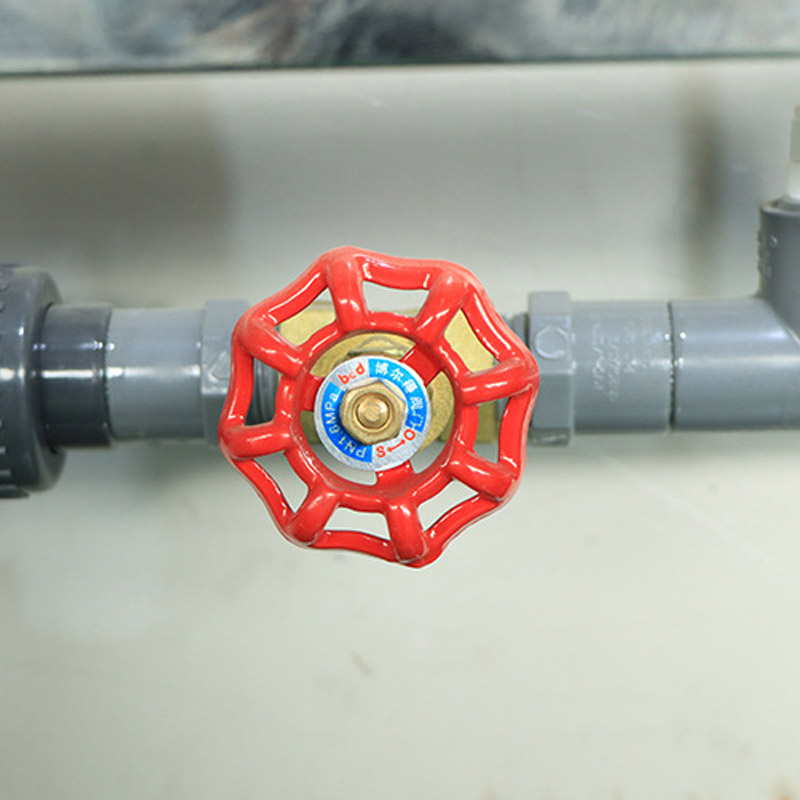
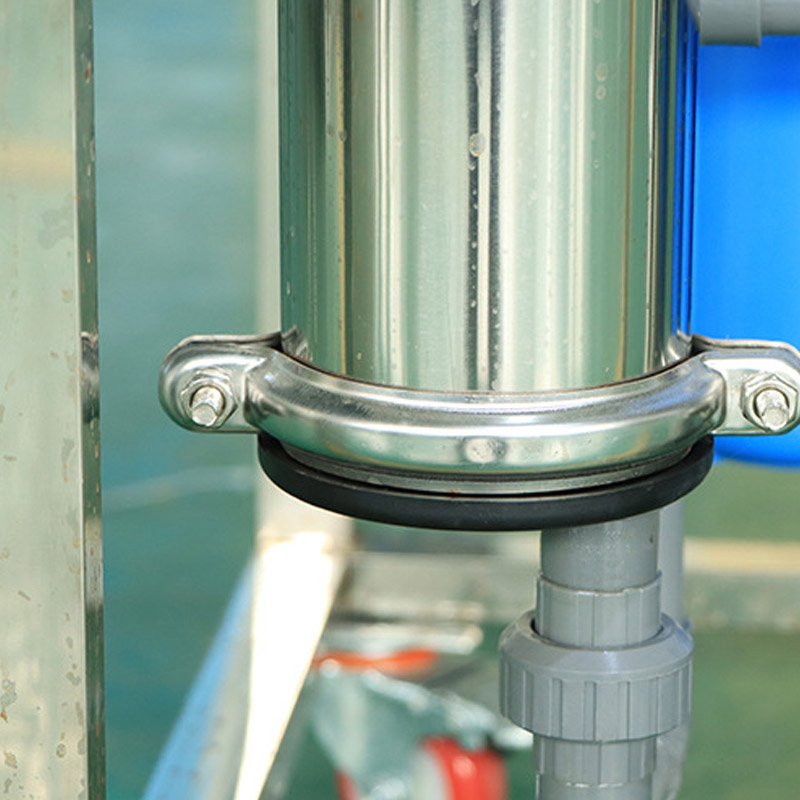
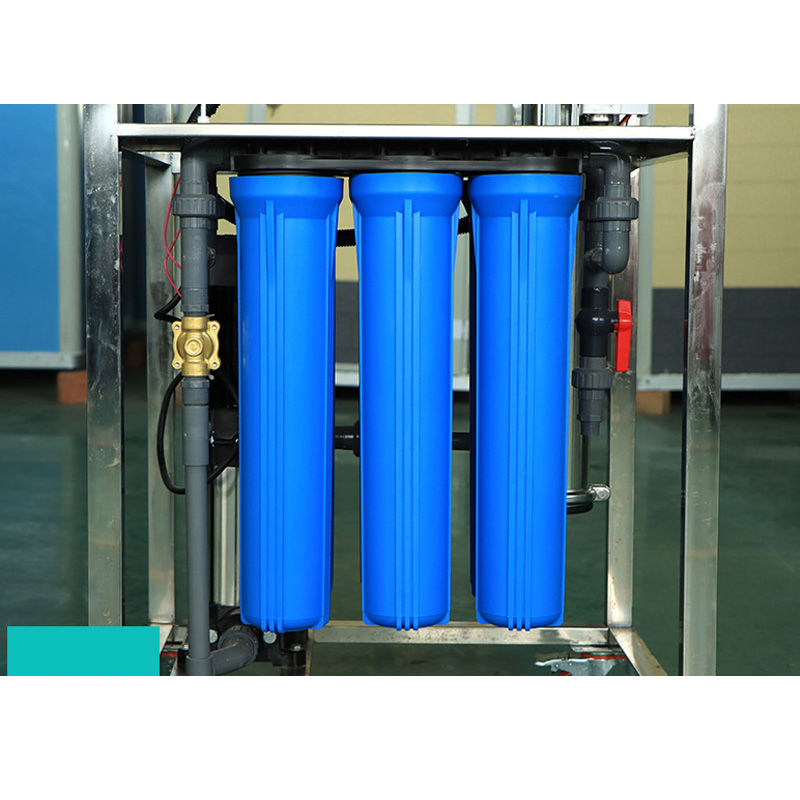
Farm Irrigation RO reverse osmosis system 250LPH and 500LPH
Produced Water Capacity: 250LPH and 500LPH
Size: 670X60x150CM
Benefits for farmer:
Improve soil quality
Speeds up plant growth
Reduces farming costs
Improves growing conditions
Prevents disease
Increase crop yield
Recently, reverse osmosis systems have received a lot of attention as one of the best filtering systems for agricultural application. With this popularity, however, there has been a lot of disinformation circulated, which has produced some false thinking about the feasibility of reverse osmosis systems. Here are the several reasons to utilize RO systems and water filtration systems for agriculture to help you understand why these systems are preferred by farm businesses.
What Is Reverse Osmosis?
Osmosis is the movement of a liquid over a membrane from a lower concentration to a higher concentration. The process through which plants absorb water is an excellent example of osmosis. The act of applying pressure to a highly concentrated liquid and pushing it through a membrane to a less concentrated liquid is referred to as "reverse osmosis." The membrane catches particles and pollutants as small as 0.0009 micron, yielding highly clean effluent or permeate water. At its most basic, reverse osmosis eliminates impurities from a liquid—in this example, water.
Because the procedure helps keep water quality constant and free of contaminants and minerals, RO water can assist make growth more calculable. This allows for better management of nutrients without having to worry about what's in the water supply at the start of the irrigation operation. Contaminants in the water supply, such as iron, manganese, calcium, magnesium, and chlorine, may react with the nutrients in the fertilizer mix, causing problems.
The Most Significant Advantages of Using RO Technology in Agriculture
Here are some of the most significant advantages of employing RO technology:
Protects the Environment - Irrigating farmlands is no longer as beneficial as it once was. Water is bad for crop quality because it contains contaminants such as chemical components from industrial waste and local sewers. Installing reverse osmosis systems for agriculture can increase the likelihood of fertile soil and enhance crop quality.
Provides Clean and Reusable Water — In today's society, farming requires clean and reusable water. A RO water filtration system is essential in farms since it offers clean, reused water to your plants.
Improves Soil Quality — Farmers have long found advanced agricultural practices and fertilizers to be beneficial in generating high-quality crops. Nonetheless, the emergence of reverse osmosis water filtering equipment has improved soil quality to the point that plants no longer need chemically treated fertilizers to grow their yield.
Prevents Water Depletion - RO water technology decreases water resource depletion by enabling wastewater to be reused if required. Around 80% of farming difficulties are driven by the world's rapidly decreasing water resources. Water waste may be significantly decreased by utilizing technologies such as RO water systems.
Strengthens the Economy - Agriculture is the foundation of any country's economy. RO water filtration systems on farms will surely benefit the economy and create numerous investment possibilities.
Reduces Low Source Water Quality — One of the benefits of installing RO on your farm is that it successfully converts low-quality source water into high-quality crop water. Carbonates, which are abundant in water sources, are one of the primary causes of water contamination. RO water treatment units for agriculture do more than just clean the water; they also remove carbonate.
Drip Irrigation Filter System - RO Farm water purification systems also incorporate drip irrigation, which provides water directly to plant roots while wasting as little as possible. Drip irrigation is timed, which reduces evaporation and improves plant watering efficiency.
Easy to Maintain — RO technology is not only a blessing, but it is also well recognized for its low-cost, low-maintenance characteristics.
High Productivity - Because of their reused water approach, RO water purification systems used in fields accelerate plant development and save a significant amount of agricultural expenditures as compared to typical irrigation systems.
